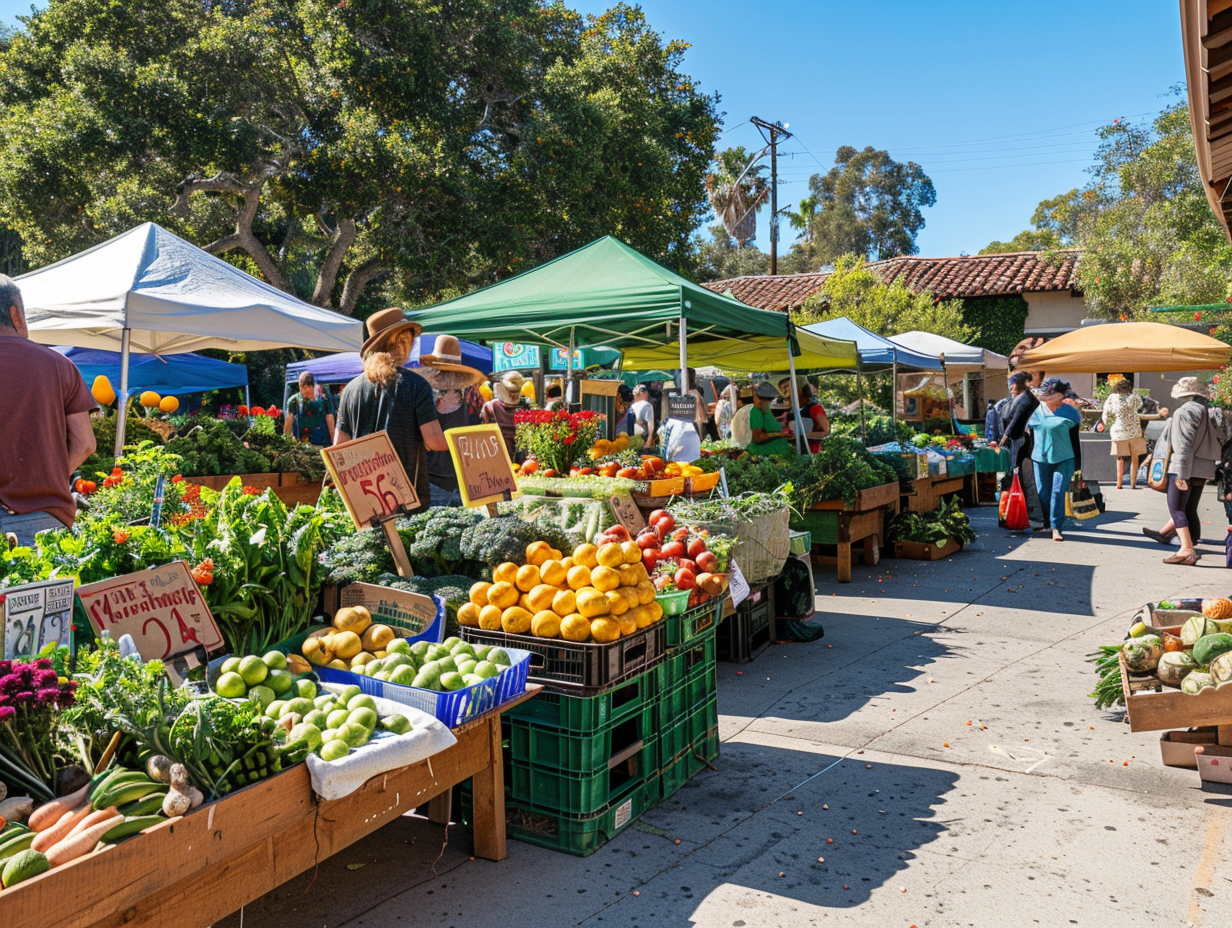Sustainable Catering Practices for Your Next Event
Tastify's commitment to sustainability in catering practices aligns with a growing demand for eco-friendly and ethically sourced food options at events. By focusing on local sourcing, waste minimization, and innovative eco-friendly solutions, we ensure that our operations contribute positively to both the environment and the community.
Local Sourcing and Seasonal Ingredients
One of the core principles of sustainable catering is the emphasis on locally grown and seasonal produce. This practice not only reduces carbon emissions due to shorter transportation distances but also supports local farmers and economies. Seasonal ingredients are fresher, tastier, and often more nutritious, offering clients the best quality food for their events.
Sourcing in Tenneessee
In Tennessee, local sourcing and the use of seasonal ingredients are vibrant practices that connect consumers directly with the freshest, most sustainable food options. One notable program facilitating this connection is Tennessee Farm Fresh, which is a joint effort between the Tennessee Farm Bureau and the Tennessee Department of Agriculture. It aims to link producers, such as Flippen’s Fruit Farm and consumers for the sale of local foods, from dairy and produce to meat. Visiting a local farm or farmers' market through this program not only allows consumers to purchase directly from the source but also provides an educational experience regarding the origins of their food.
The Pick Tennessee Products website serves as an excellent resource for finding local Tennessee offerings, including farmer's markets, food & drink, and community-supported agriculture (CSA). It's designed to support local farmers and the economy by making it easier for consumers to find and enjoy local products. The site covers a wide range of categories such as breweries, dairy products, fruits, meat, and vegetables, emphasizing the diversity of Tennessee's agricultural products.
For those looking to dine out while still supporting local sourcing, Nashville boasts a variety of locally-sourced restaurants that celebrate the flavors of the region. These establishments prioritize using ingredients from local farmers to provide a unique and flavorful dining experience. Restaurants like 5th & Taylor, The Farm House, and Henrietta Red are some of the places where diners can taste the local flavors of Nashville, knowing that the ingredients on their plates were sourced with sustainability and community support in mind.
The Farm House Nashville
These initiatives reflect a broader trend towards sustainability and local sourcing in Tennessee, showing how both consumers and businesses can benefit from a closer relationship to the food they grow, sell, and consume. For more details, visit the Tennessee Farm Bureau website and Pick Tennessee Products to explore the wealth of local and seasonal sourcing options in Tennessee.
Eco-Friendly Production Methods
Opting for food produced through environmentally friendly methods, such as organic farming, is another great way to be more sustainable. Organic farming practices enhance biodiversity, reduce pollution, and avoid the use of synthetic fertilizers and pesticides, leading to healthier food choices for event attendees.
Minimizing Animal Products
The production of animal products is resource-intensive, involving significant water, land, and energy usage. By minimizing animal products in menus and offering plant-based options, we significantly reduce our environmental footprint. For most events where animal products are used, choosing organically certified and sustainably sourced options is key to ensuring ethical practices.
Waste Reduction
Implementing strategies to minimize food-related waste is crucial. This includes purchasing foods with minimal packaging, using recyclable or biodegradable packaging, serving appropriate portion sizes to prevent uneaten food, and having a plan for excess food, such as donation to local food banks or composting.
Sustainable Seafood
Choosing seafood that is certified as sustainable by reputable organizations ensures that the marine and river life is sourced responsibly, protecting habitats and preventing overfishing. Look for labels like MSC (Marine Stewardship Council), which are the seal of approval for responsible sourcing.
Energy-Efficient Appliances and Water Conservation
Investing in energy-efficient cooking and refrigeration equipment reduces energy consumption and lowers carbon emissions. Additionally, water-saving techniques in food preparation and cleanup help conserve this vital resource.
Eco-Friendly Serveware
Opting for reusable or compostable serveware instead of disposable options minimizes waste. Materials like bamboo, sugarcane, or PLA (polylactic acid) offer sustainable alternatives for plates, utensils, and cups. However, stainless steel and silver are often the best choices.
Engagement and Communication
Our efforts extend beyond our immediate operations, as we aim to educate and engage clients in sustainable practices. Transparent communication about the importance of sustainability and how each event contributes to a larger eco-friendly goal can inspire others to adopt similar practices.
By integrating these sustainable practices, we not only enhance the eco-friendliness of our catering services but also set a standard for the industry, showing that it's possible to deliver exceptional culinary experiences that are both delicious and environmentally responsible. This comprehensive approach ensures that clients can make their events more eco-friendly, aligning with a global shift towards more sustainable living and business practices.





